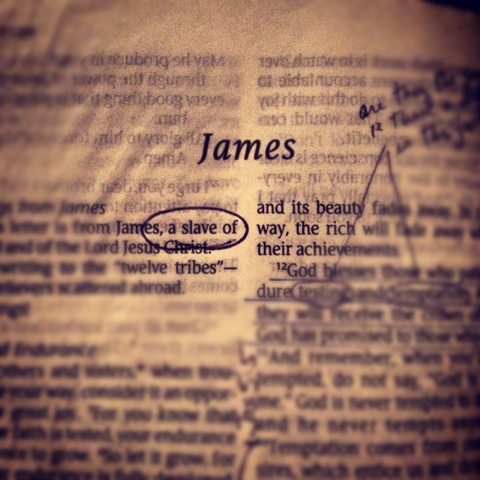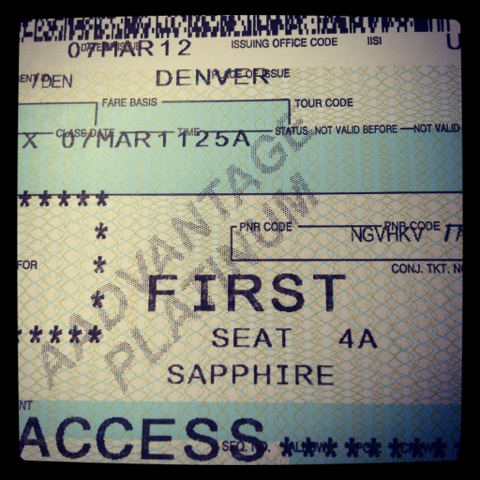(This was my post today on another blog I do with some of my accountability brothers – I wanted to share it)
I’ve spent this week in Genesis 4 in my BSF study. I knew early last week I’d be writing about Cain, but didn’t quite know what… not exactly sure how this post will shape up but let’s see where it goes.
Genesis 4:1-5 Now Adam knew Eve his wife, and she conceived and bore Cain, and said, “I have acquired a man from the LORD.” 2 Then she bore again, this time his brother Abel. Now Abel was a keeper of sheep, but Cain was a tiller of the ground. 3 And in the process of time it came to pass that Cain brought an offering of the fruit of the ground to the LORD. 4 Abel also brought of the firstborn of his flock and of their fat. And the LORD respected Abel and his offering, 5 but He did not respect Cain and his offering. And Cain was very angry, and his countenance fell.
The New King James Version. 1982 (Ge 4:1–5). Nashville: Thomas Nelson.
We all know Abel raised livestock and Cain tilled the ground.
One question not answered here is this. “How did Cain and Abel know to bring an offering to the LORD?” Is this something the LORD taught Adam and Eve during or after the process of killing an animal to clothe them (cover their sin)? Or did the LORD sometime before this recorded episode instruct Cain and Abel on what a proper offering was and how to bring it before Him? The details don’t really matter because what is implied is that Cain and Abel were versed, or at least instructed on a proper offering to God.
For years I’ve tied the acceptance of Abel’s offering to the fact that Moses calls out that it was Abel’s first fruit (v4). That implies (as I’ve heard taught for years) the tithe – the first part of what God brings – even without knowing if there will be anymore to come – which requires faith. Hebrews 11:4 “By faith Abel offered to God a more excellent sacrifice than Cain, through which he obtained witness that he was righteous, God testifying of his gifts; and through it he being dead still speaks.” The first fruit offering requires faith. I still believe that to be a powerful truth.
However, something I read in my notes really caught my attention.
“If Cain already knew God’s will concerning sacrifices, then he may have been too proud to trade with his brother for a lamb. He would have asserted his independence by choosing to worship God in his own way” BSF Lesson 6, Series 1, Genesis, p.3
God says something similar to Moses in Deut 9:12 when the Israelites made a golden image against God’s explicit command.
12 “Then the LORD said to me, ‘Arise, go down quickly from here, for your people whom you brought out of Egypt have acted corruptly; they have quickly turned aside from the way which I commanded them; they have made themselves a molded image.’
I wonder if I have a little Cain in me. It’s certainly a thread woven through the pages of the Bible – mankind worshiping God in their own way. Is it any wonder that there are now (reportedly) over 41,000 Christian faiths in the world today? Not to mention all the various non-Christian faiths… each starting with someone worshiping God in his or her “own way.”
Isaiah 53 says:
6 All we like sheep have gone astray;
We have turned, every one, to his own way;
And the LORD has laid on Him the iniquity of us all.
Not at all where I thought this post would go… but glad it got here.
God, help me to worship you exactly as you command me to – nothing more – nothing less – nothing to do with me. Amen.


